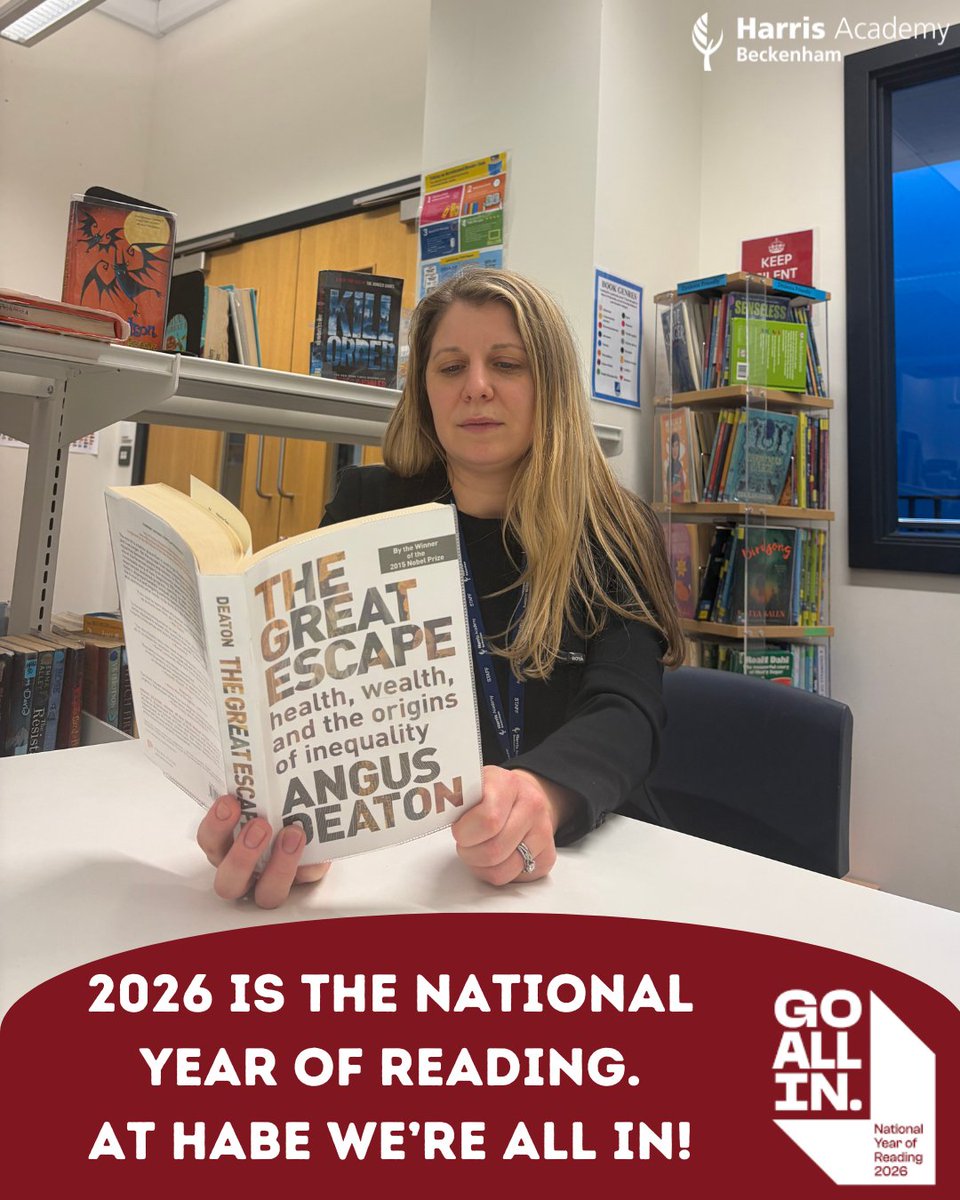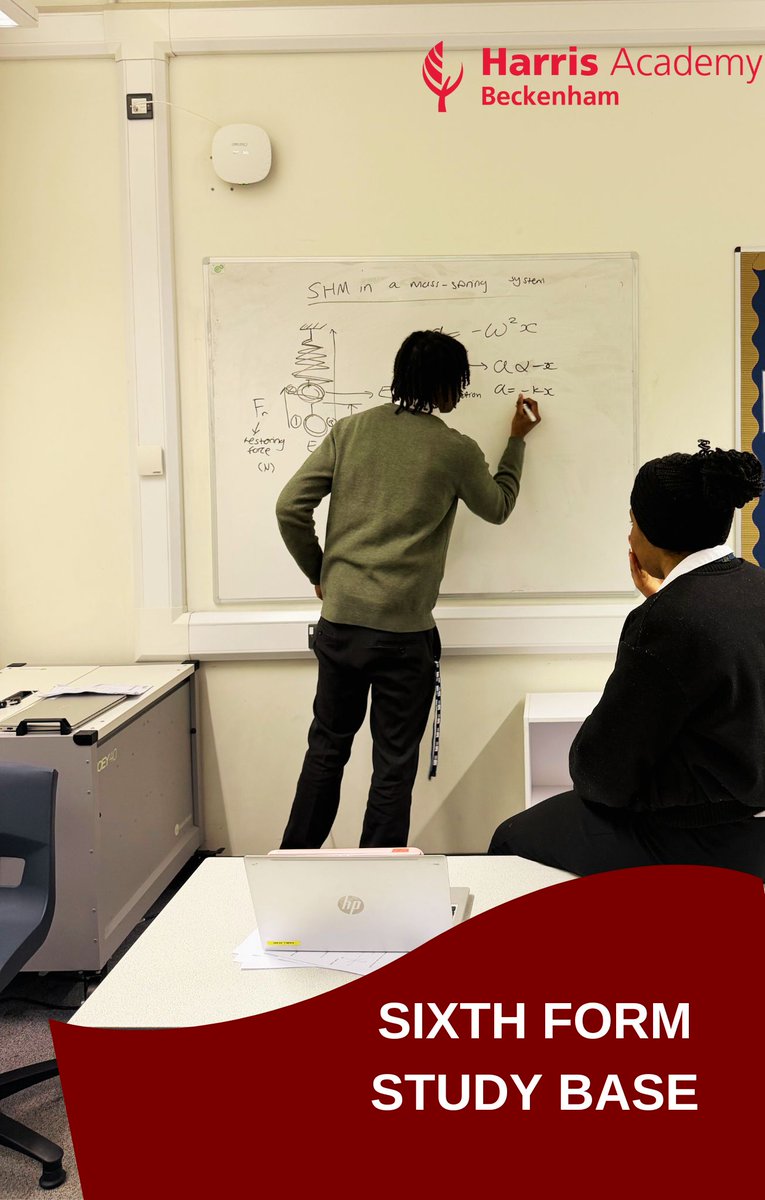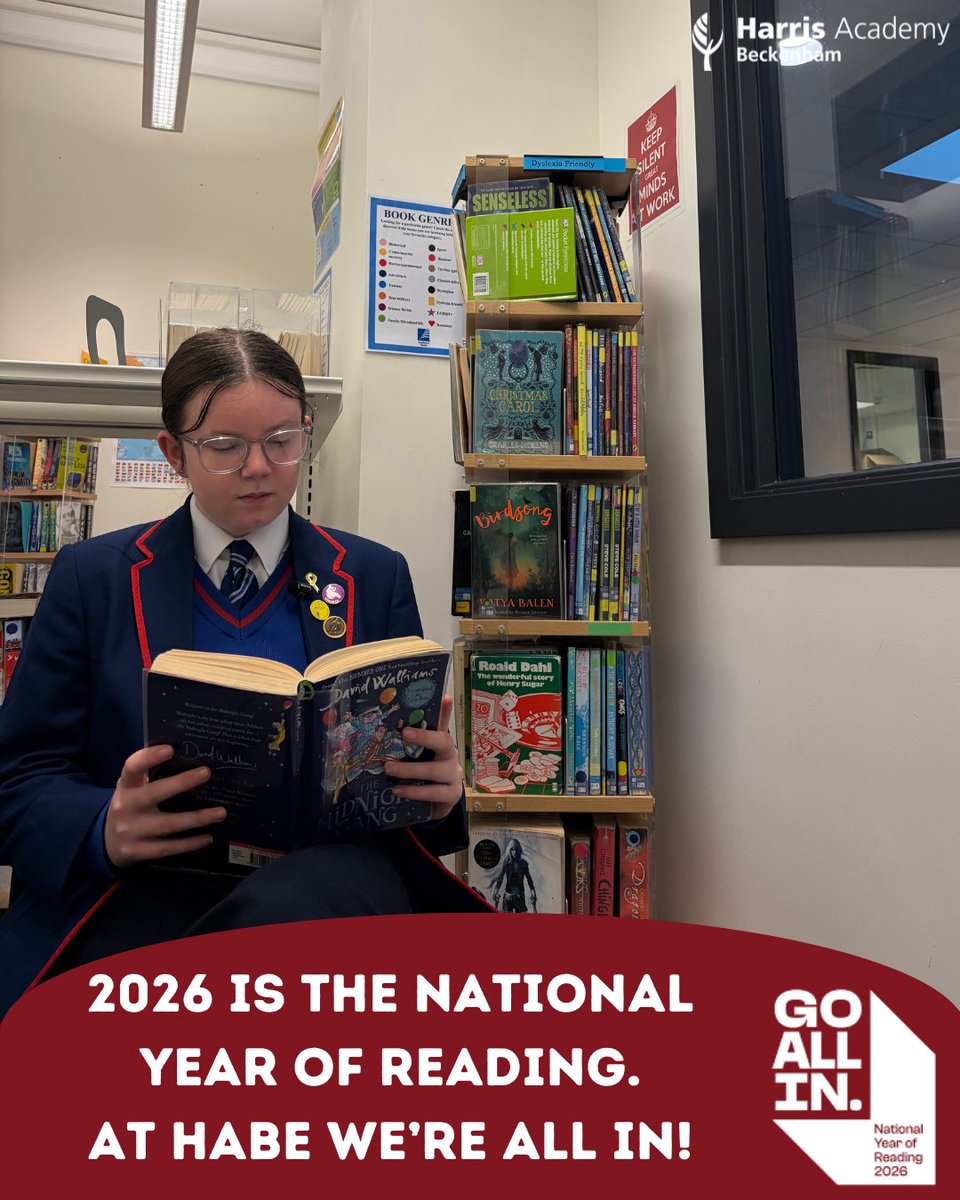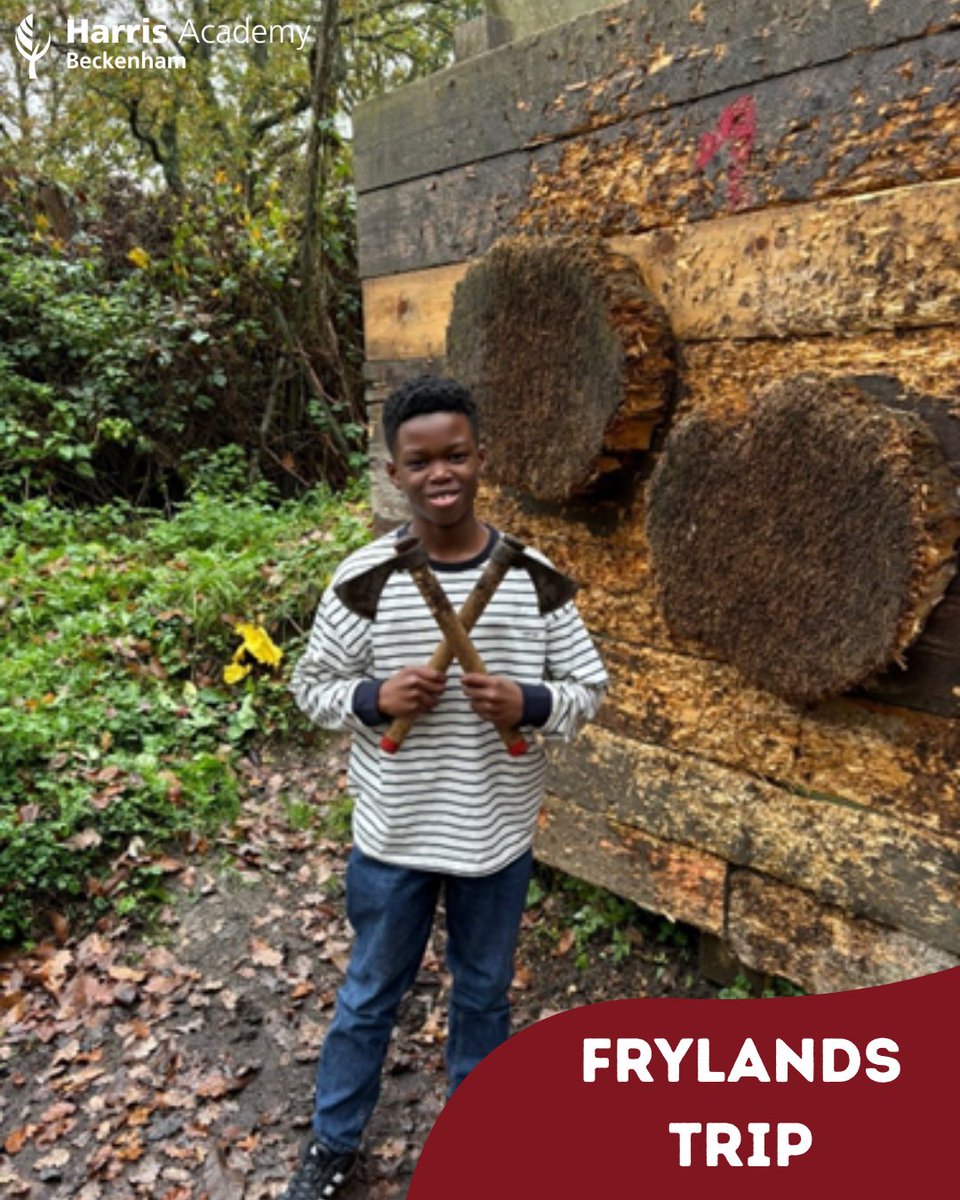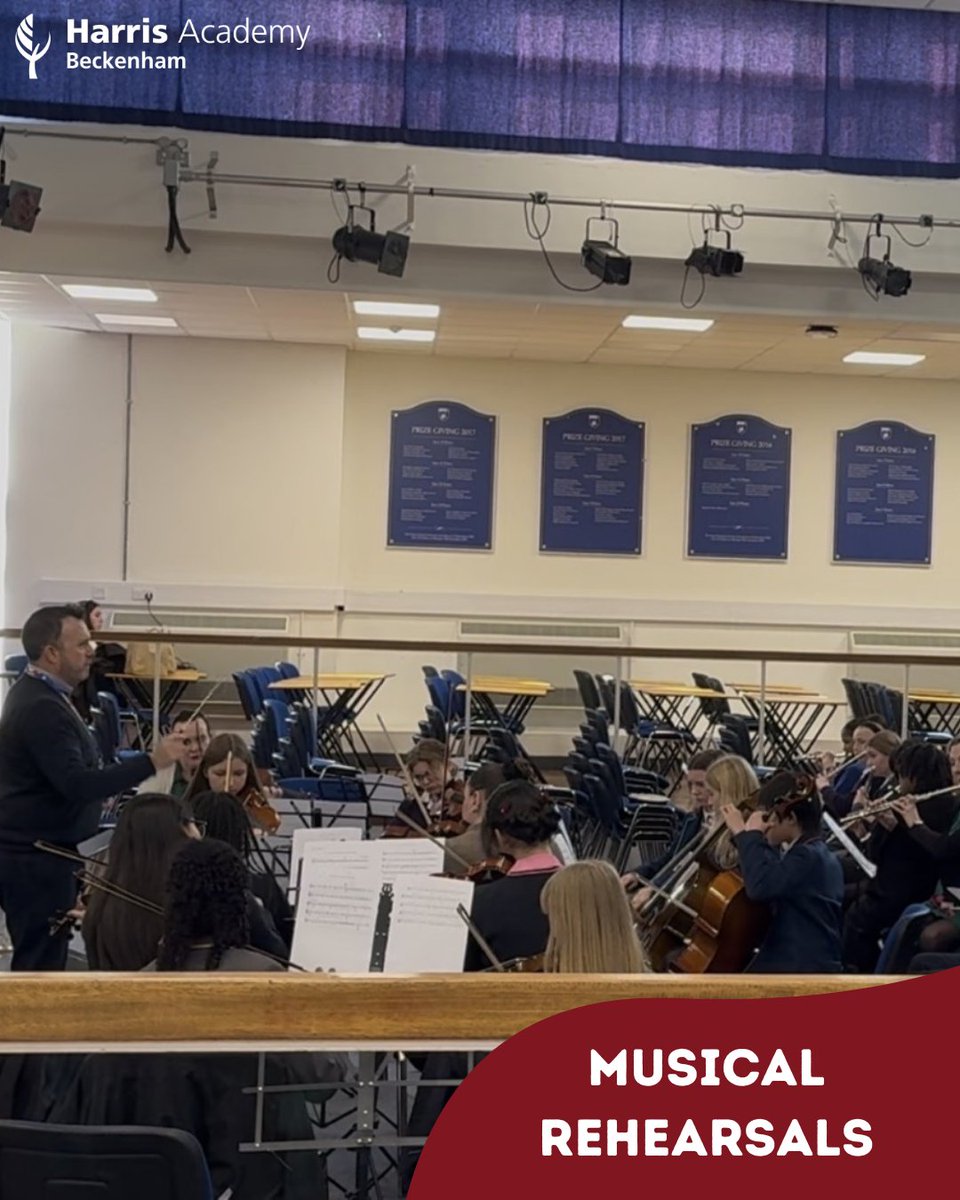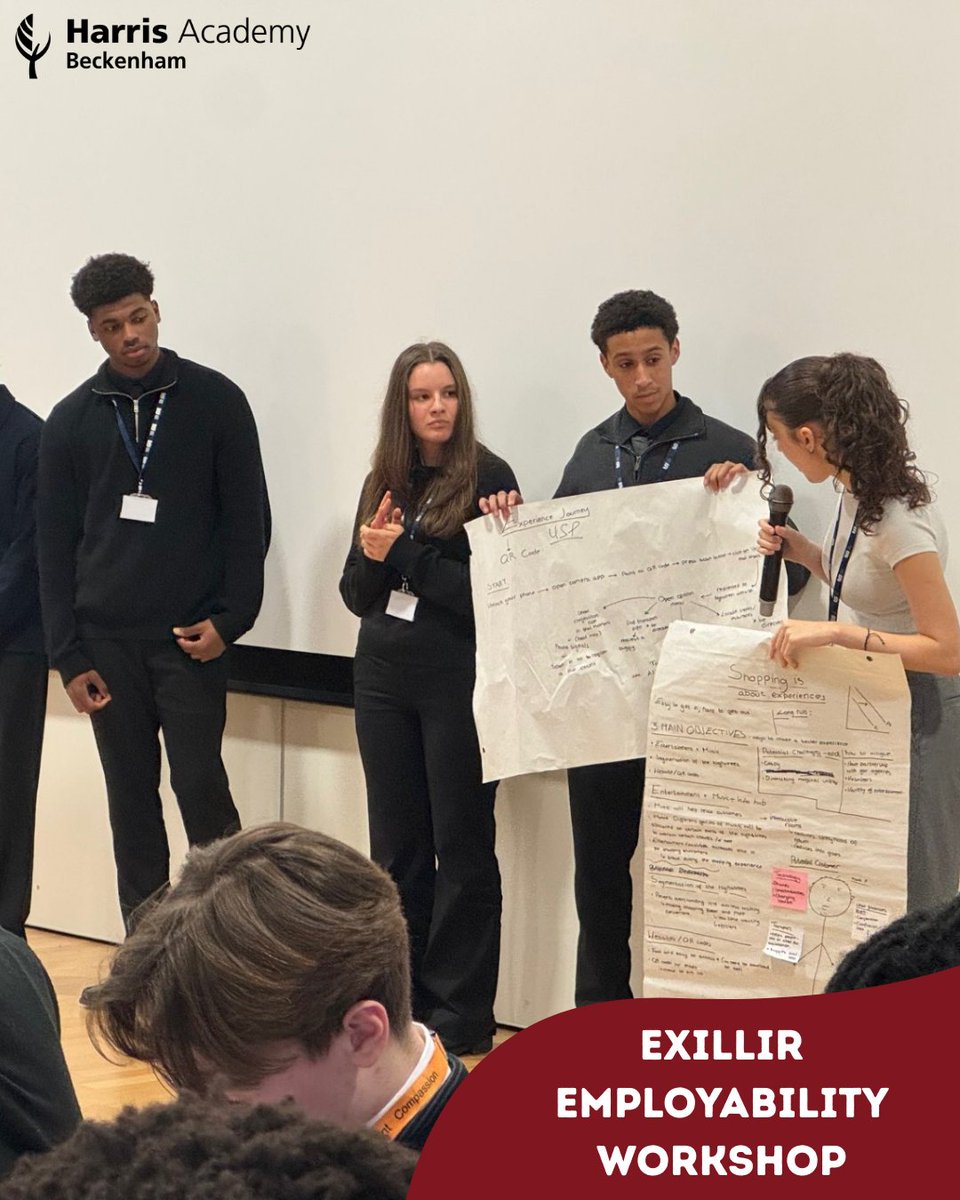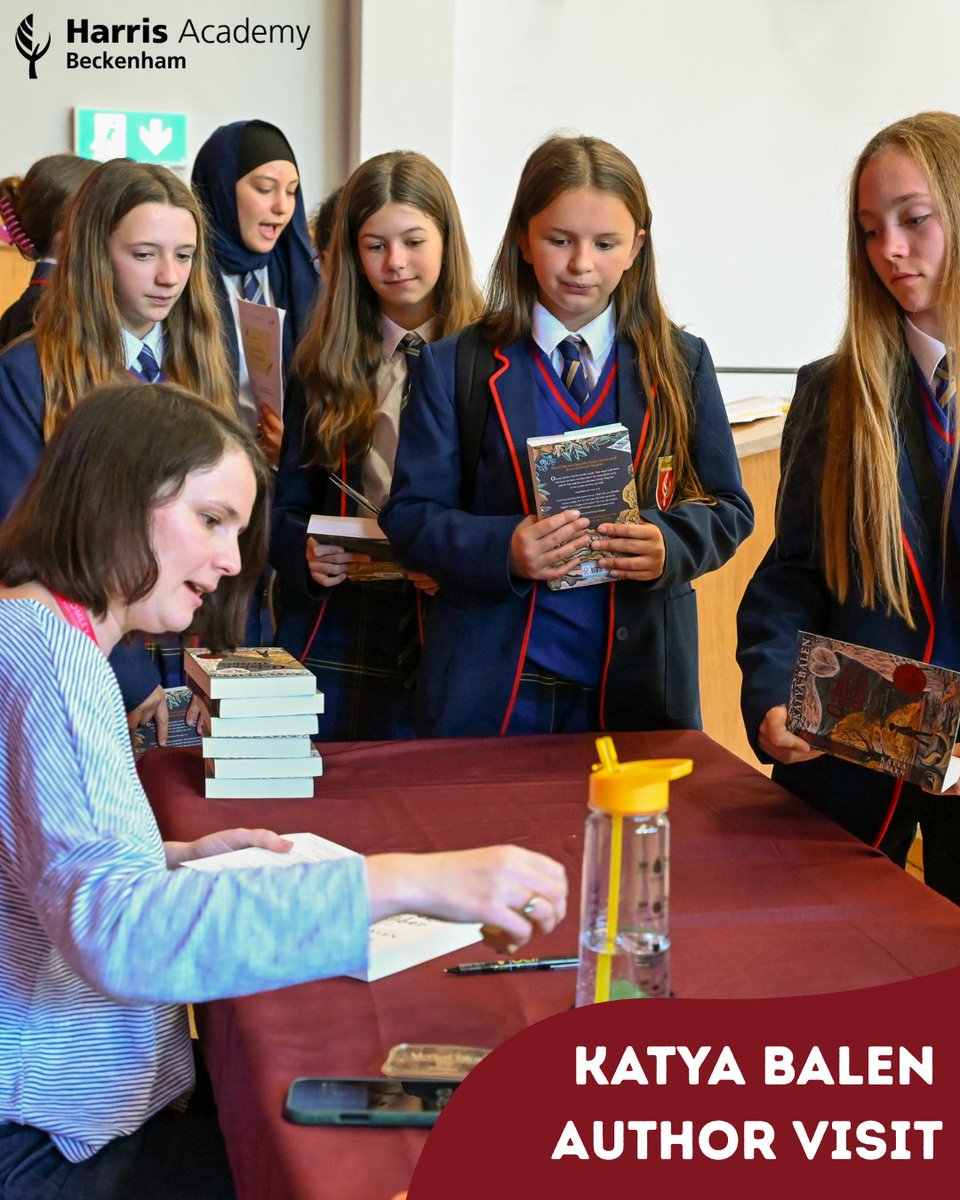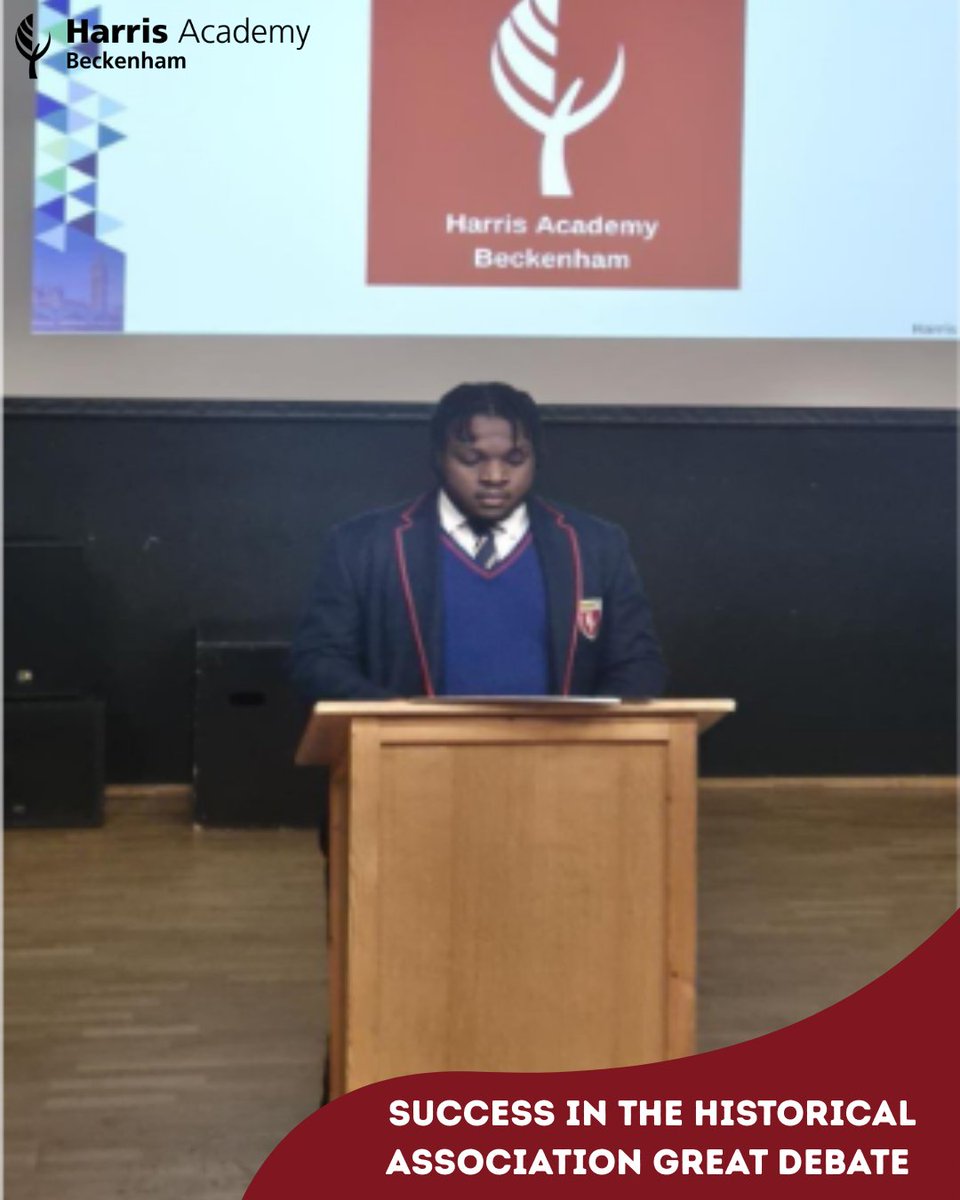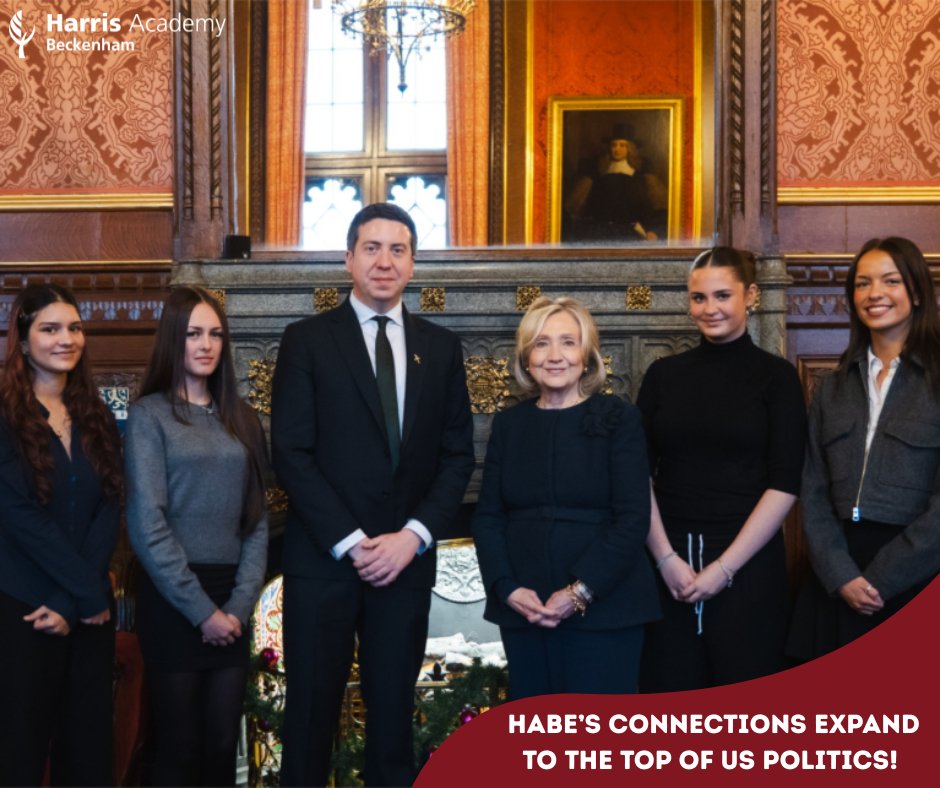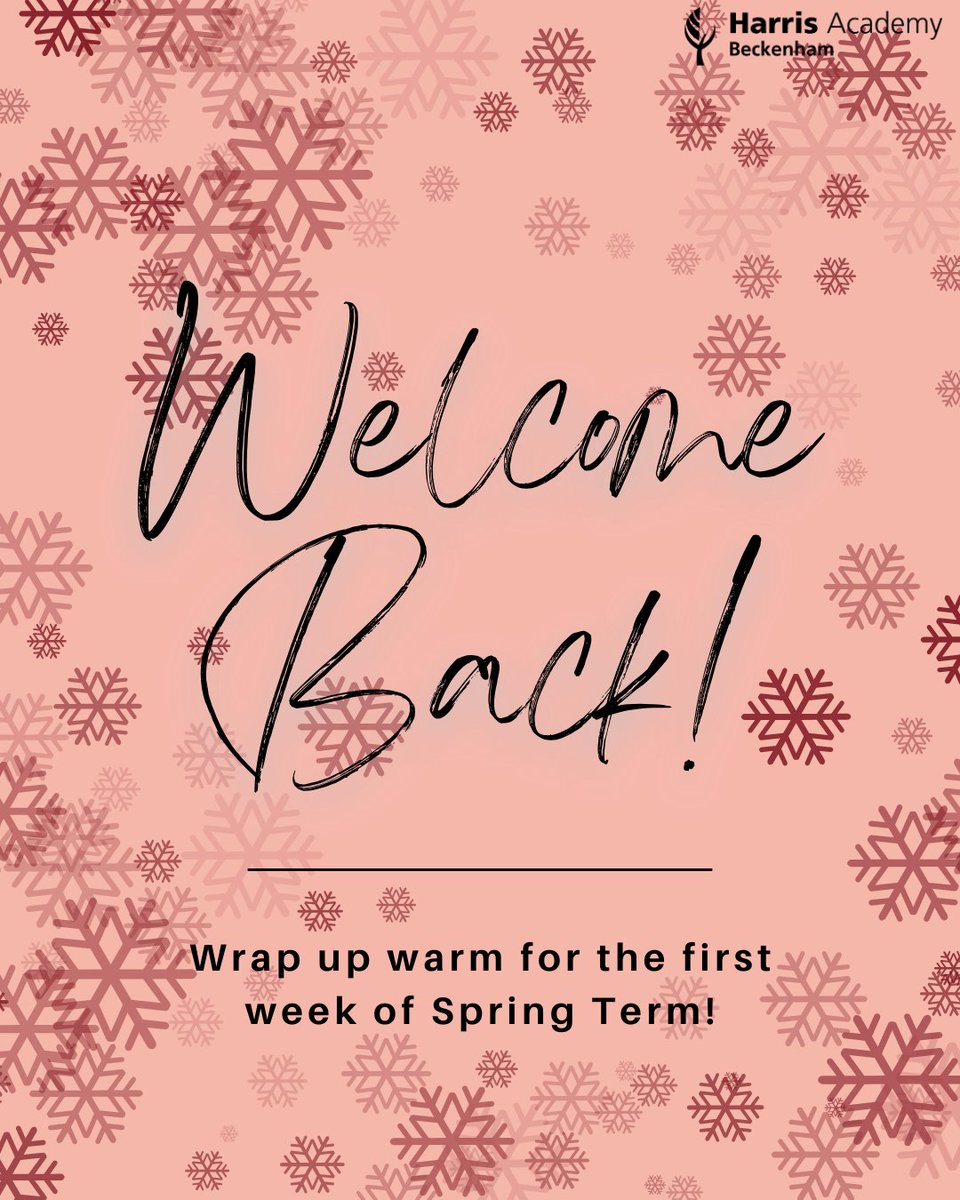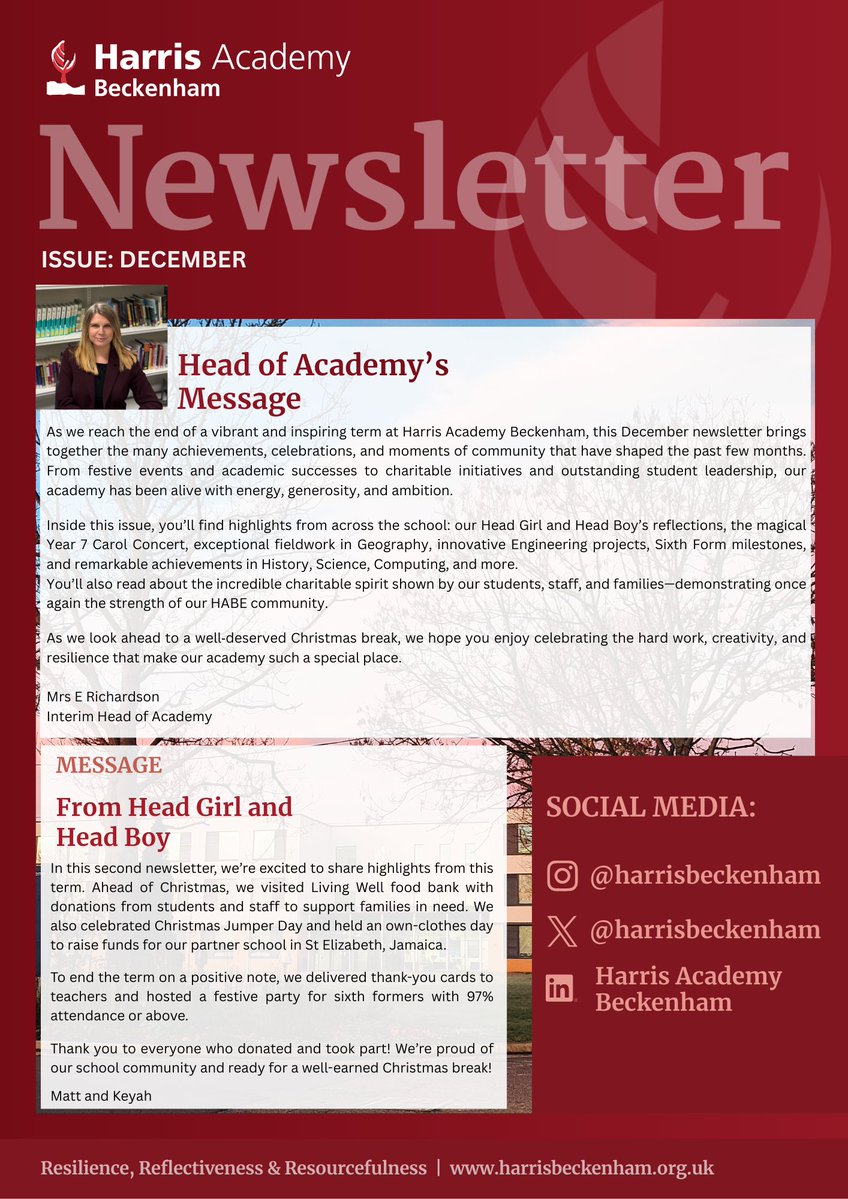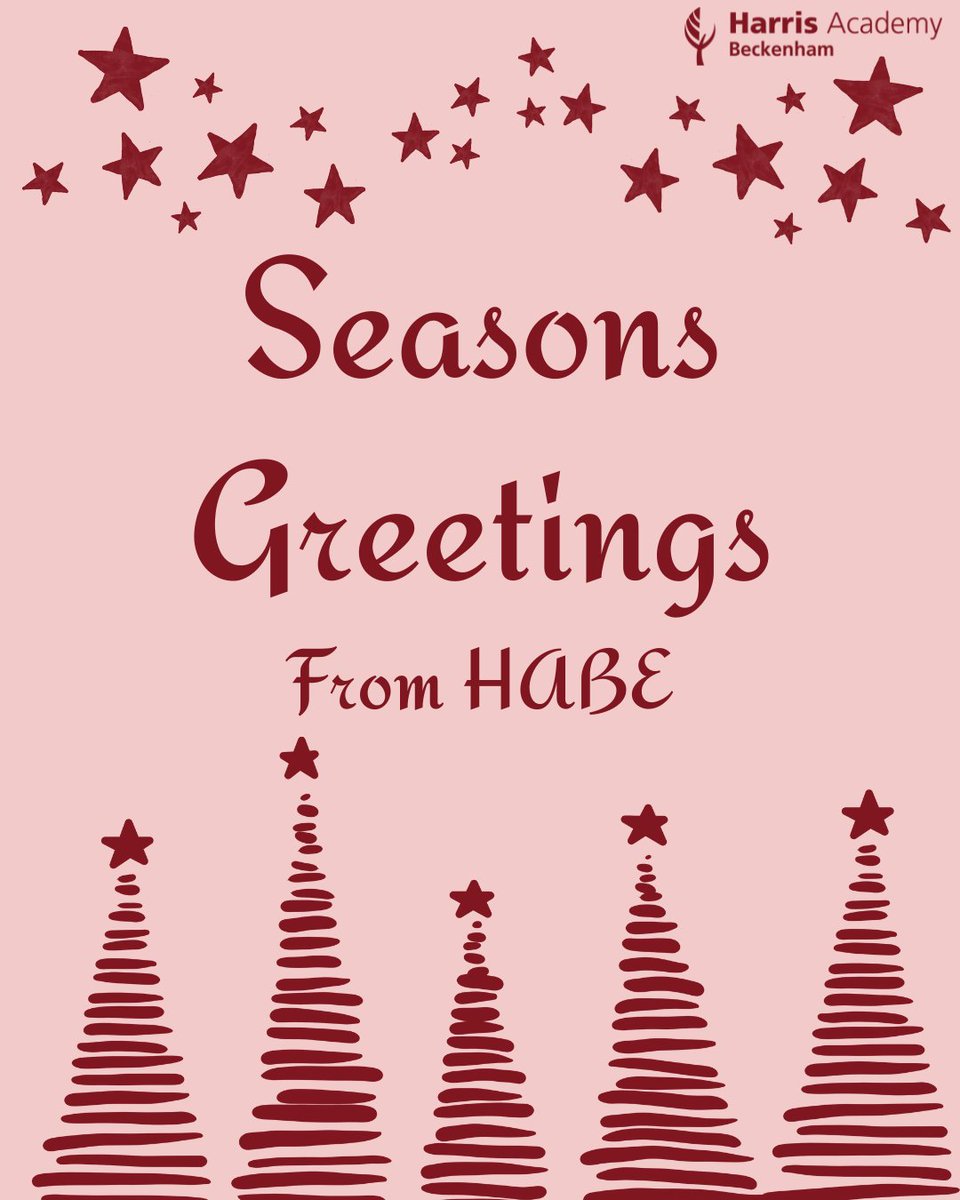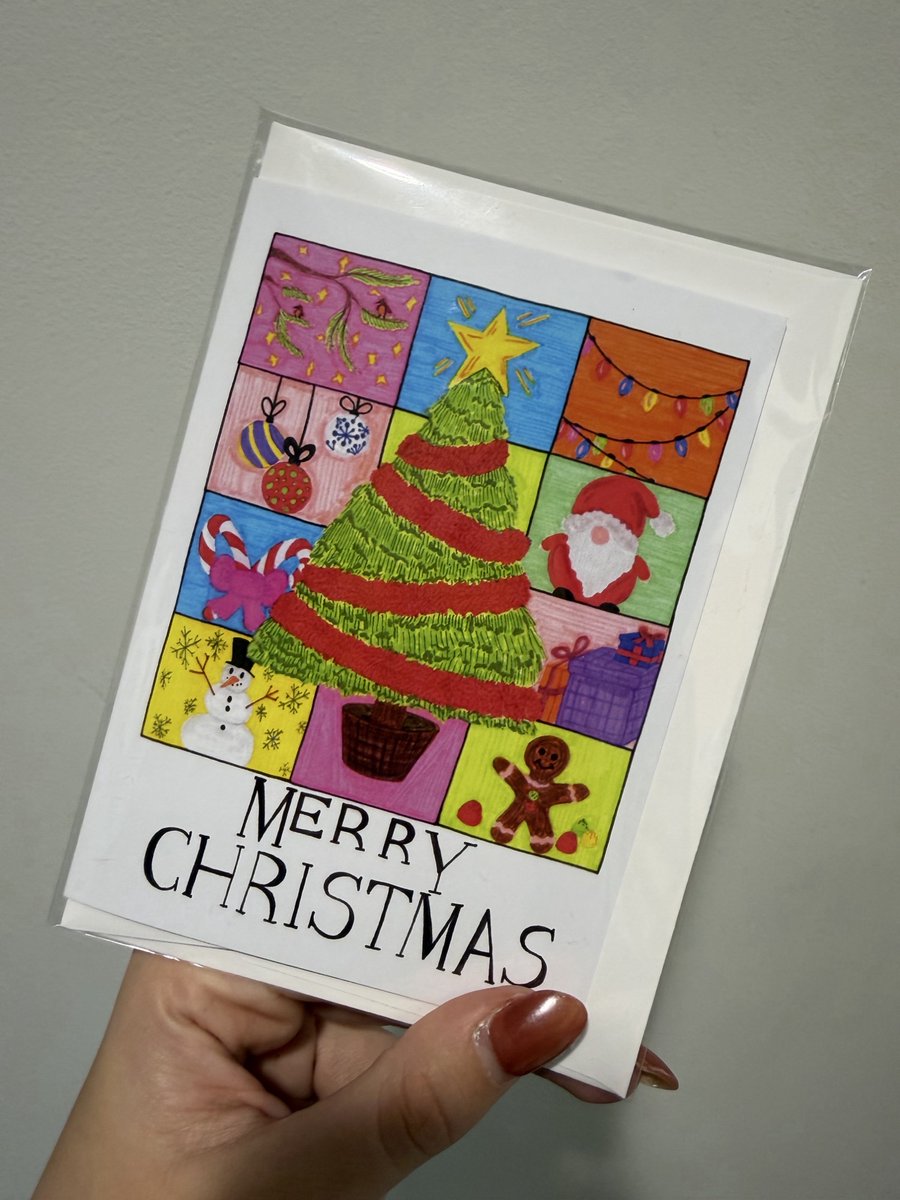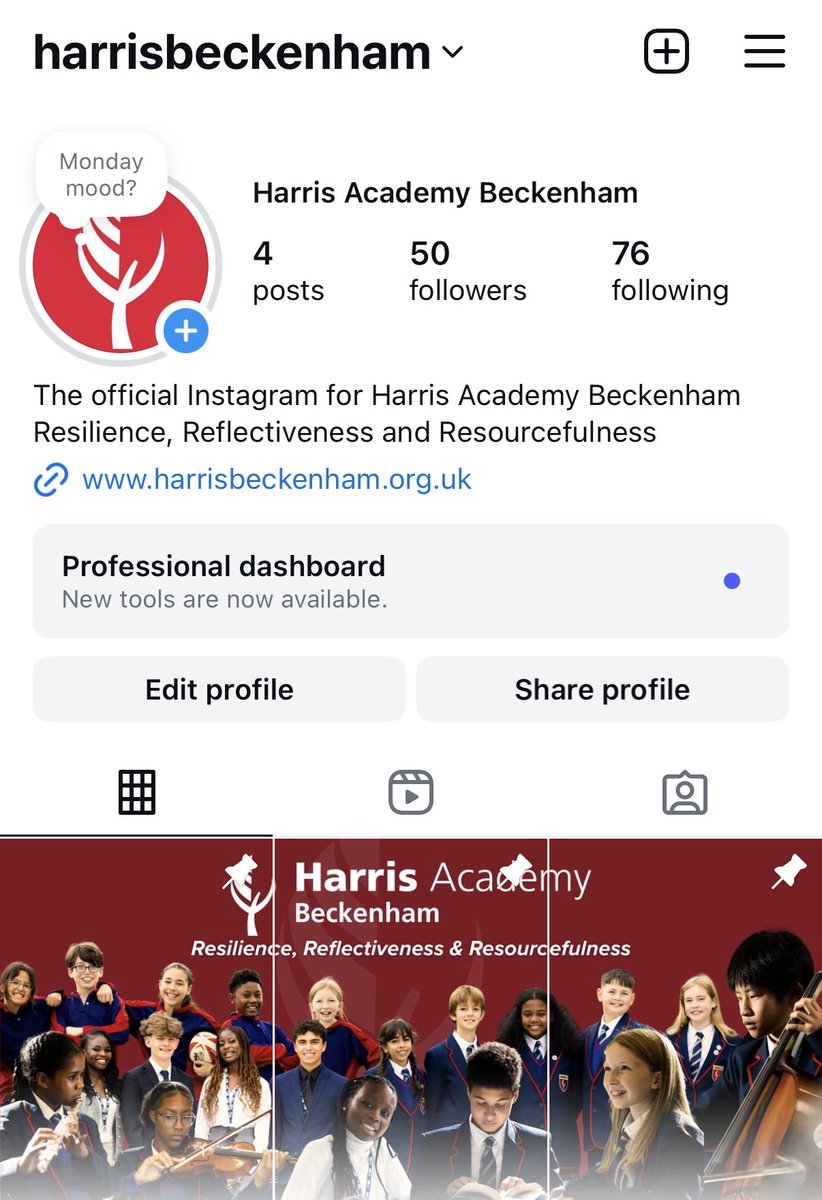History
Curriculum intent
The intention for our History curriculum is that it ensures students at Harris Academy Beckenham feel well-equipped with ‘powerful knowledge’ and skills necessary to become confident young historians.
For further details of the History curriculum please see the documents at the bottom of the page or contact Mrs. E Hamlin.
Students will feel inspired to have a curiosity to know more about the past through development of a thorough knowledge and understanding of the world’s past across multiple centuries.
Students in history will receive a diverse, deep and challenging curriculum that enables all students to understand the past by developing their historical skills. Historical thinking for Harris Beckenham students combines substantive knowledge and conceptual understanding and renders the past something that can be investigated and understood.
This investigation is further extended through an enrichment curriculum that underpins that which is explored in the classroom. HABE students will embark on educational visits ranging from Battle, Notting Hill to Berlin, all to set the curriculum in context and consolidate our 4 R’s whilst enhancing every child’s cultural capital.
Students will embark on, at KS3, a chronological narrative of British History, whilst using case studies of global history such as the rise of the Islamic Empire to enhance a true understanding of context. Students will know how these stories feed into our identities.
The ambitious curriculum has been designed in such a way as to reflect the school’s local context. For example, in Year 7 students will begin their study of History by thinking about our local history of Beckenham, demonstrating a short chronological history of our own area.
With a diverse range of backgrounds and cultures, our curriculum contains elements ranging from the great Islamic Civilisations in the Middle East to the quest for Civil Rights within the United Kingdom as well as the key events that have shaped 20th Century Europe. Themes of migration and empire are emphasised through our well sequenced, historical narrative which allows our historians to understand a myriad of histories and underpins our belief that knowing history allows us to know our identities both as an individual and as a community. This is mirrored in KS4 where students enhance their understanding of history by focusing on analysing the changes to British migration from 800-present, the rise of the Nazis. reign of Elizabeth I and the tensions between the superpowers proceeding the second world war.
Students will study history by developing a sound understanding of second-order concepts including causation, similarity and difference, significance, and change and continuity, as well as learning to ask perceptive questions, thinking critically, weighing up evidence, and developing their own perspective through judgement. It is our vision that students know how to justify arguments and that this is rooted in a consistent acquisition of historical literacy thread throughout lessons and throughout independent vocabulary foci.
Revisiting key vocabulary is pertinent to our curriculum which relies on a deep understanding of the use of language and how, like history language and the impact it has can change over time. As practitioners we see it our duty to have transparent conversations about why we identify different peoples with certain terms now and how that has changed over time. Our vision is for historians to further this engagement when they arrive at KS5 by fluent discussion of both past and current affairs in critical historical themes throughout their History A-Level too.
Implementation
History is delivered in one 80 minute lesson per week at KS3 and, following the Edexcel history course, over two 80 minute lessons at KS4. Each lesson is led by an enquiry known in the academy as ‘the Big Question’ ensuring students know what every lesson is sequenced with purpose enabling them at, a purposeful endpoint, to answer it confidently.
There is an emphasis on the use of ‘Knowledge Retrieval’ at the beginning of every lesson allowing students the opportunity to revisit their knowledge and conceptual understanding, ensuring that students can keep their powerful knowledge in their long-term memory. This also allows for teachers to check for understanding before re-teaching or adapting in order to ensure that the high pitch of the lesson is engaged with across the classroom.
In these lessons students are challenged to ‘think hard’ from the immediate outset of a lesson and know that there will be an independent assessment that allows them to demonstrate their application of knowledge at the close; this is an approach that is mirrored across the academy. Here we upskill our students through the development of historical language, getting them to think about nuanced adjectives to strengthen written communication when arguing about causation, significance or change and continuity such as ‘enabling’ or ‘ultimate’.
Students feel a sense of competition in lesson to demonstrate the high-quality knowledge and skills that the curriculum offers, this is stimulated by a layered approach through the lesson which through the passing of expertise in the classroom allows students to feel confident in their own ability at the end of the lesson. The academy frame this pedagogical layering as ‘I do, We do, You do’, thereby our historians are expectant of this approach in our lessons. This is also underpinned with our ‘Word of the day’, which inspires students to take hold of their historical language such as ‘brinkmanship’ or ‘treasury’ and embed this within their application of historical analysis.
Ensuring that educational visits can illuminate both the importance and excitement of history, we typically consolidate our KS4 curriculum by having students weave their way through Whitechapel with a criminal investigative lens, others have sat inside the Golden Hind and discussed the experience of Elizabeth’s primary privateer.
Impact
The history curriculum will empower students to question, investigate and explore the complex world that they are a part of. The curriculum emphasises the need for a grounded understanding of abstract terms such as ‘empire’, ‘civilisation’, ‘parliament’ and ‘peasantry’; subject specific language that will have been taught explicitly. It also allows for an understanding of historical concepts such as continuity and change, cause and consequence, similarity, difference and significance, and use them to make connections, draw contrasts, analyse trends, frame historically-valid questions and create their own structured accounts, including written narratives and analyses.
Students will be able to speak with confidence about the significant events from the past and explain how they have impacted our society today as a result of the transference of their knowledge to their long-term memory. Students will be able to use what they have read to explain what they are also learning within their curriculum. Students will be able to interrogate historical information and sources and be able to explain this verbally and through written responses. All students will be able to reach their own conclusions about the historical events from the past and justify their reasoning behind this. Students make positive progress in history as a result of combining their knowledge of history and the application of its literacy with the 2021 cohort leaving with a 0.5+, have had almost 25% of students gaining over 7+ in each cohort for the last three years. Students know how to apply their knowledge to questions that ask them to criticise and hold an argument, that is the impact of our history curriculum.

